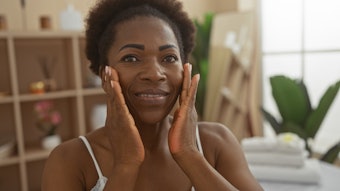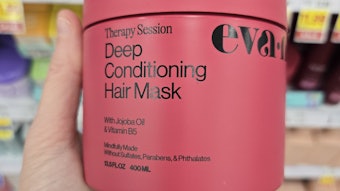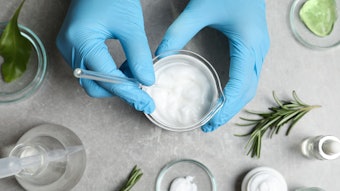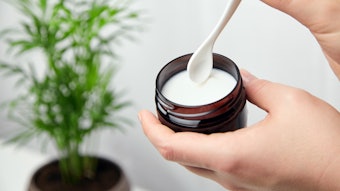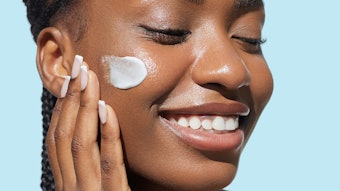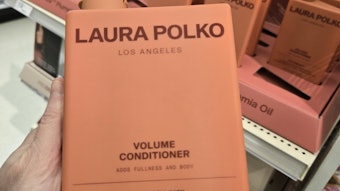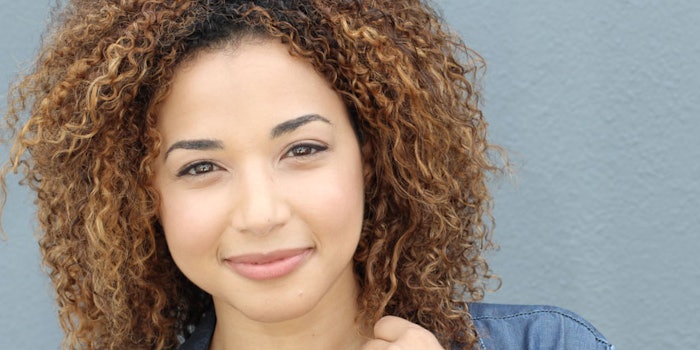
Curlicues are not so cute when heat treatments damage hair fibers, leading to breakage and frizz. That's why Kao USA circled in on an invention to produce lasting curls without the need for high heat. A new patent application explains.
Market Need
Compositions for styling hair are known, such as sprays, gels, mousses, volumizers, smoothing creams, lotions, oils, etc., which hold or fix the hair in a particular shape. Unfortunately, these products often are sticky or tacky, and produce a film that imparts a similar feel to hair—far from the desired natural feel.
In relation, conventional curly hair styling compositions utilize polymers having a high glass transition temperature, Tg. These products are designed for use with flat irons or a hair dryers and produce temperatures above the Tg in order to maximize spreading and deposition on hair. When these compositions are applied to hair without the use of high heat, substandard results are typical; including the loss of curls throughout the day, or again, a stiff and crunchy feel.
For these reasons, the present inventors aimed to develop a composition for all-day, lasting curls without the need for high heat. They found the answer in a combination of a sulfonate-based copolymer and aqueous polyurethane dispersion.
The Literature
Styling composition for curly hair document
U.S. Pat Application 20180289611
Publication date: Oct. 11, 2018
Assignee: Kao USA, Inc.
The present application discloses a hair-styling composition, particularly for curly hair, that produces tight, long-lasting curls without requiring high heat on the hair. The composition comprises a sulfonate-based copolymer such as sodium polystyrene sulfonate, an aqueous polyurethane dispersion such as polyurethane-34, and a cosmetically-acceptable carrier (such as water).
In some compositions, the weight ratio of aqueous polyurethane dispersion to sulfonate-based copolymer is from about 2:1 to about 10:1. The composition may additionally contain from about 0.1% to about 7% of at least one fatty alcohol in order to provide conditioning to the hair.
Patent application accessed on Oct. 15, 2018.

